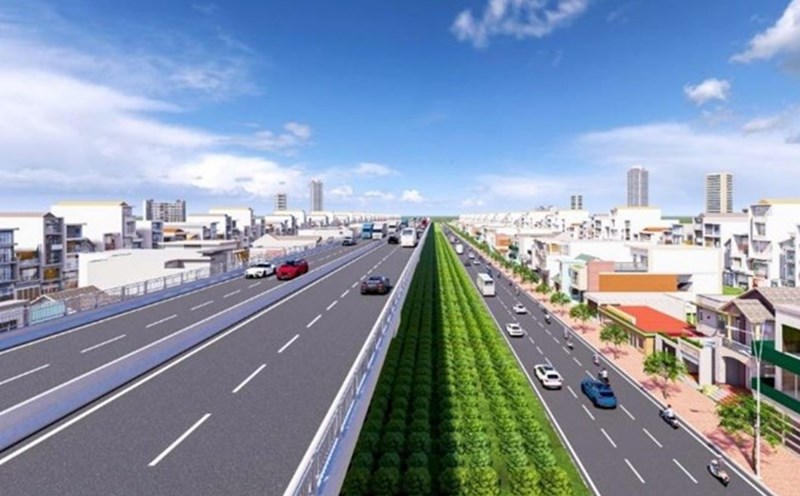According to the proposal in the new draft of the Ministry of Industry and Trade, from January 1, 2026, all motorbikes circulating in Vietnam can only use E10 gasoline (gasoline with a combination of Ethanol biological mixing ratio of 9-10%) because the market only circulates this gasoline.
This information is attracting the attention of people, especially drivers, car manufacturers and technical experts. Many people are concerned that switching to E10 gasoline can affect performance and engine life, especially for old cars.
According to research by the School of Mechanical Engineering (Hanoi University of Science and Technology), the effectiveness of the use of biofuel for new-generation cars, including internal combustion engine (ICE) cars and cars using hybrid electric gasoline engines (HEV) is monitored and evaluated in terms of factors: Fuel consumption, Emission level and actual usage conditions.In the project, the research group used 3 types of gasoline: E5 gasoline, E10 gasoline and RON 95 gasoline.The project brings some important testing results in phase 1.
Regarding fuel consumption, in peak inner-city conditions, biofuel helps hybrid electric vehicles significantly reduce fuel consumption compared to regular gasoline.The fuel efficiency of biofuel changes according to speed and wheel handling.Regarding operation, the use of biofuel does not affect the operation of the vehicle.
According to research data, the use of hybrid vehicles with biological materials (including the production life cycle of materials) can reduce emissions to 43% compared to internal combustion engine vehicles. This is a clear demonstration of sustainable emission reduction solutions in the transport sector in accordance with Vietnam's conditions and roadmap.
According to Associate Professor, Dr. Dam Hoang Phuc, the project's director, who shared at the Workshop "Green solutions to reduce emissions in the automotive industry towards carbon neutrality", E10 gasoline meets Euro 5 emission standards, suitable for current means of transport in Vietnam.
It can be seen that this is a suitable fuel, contributing to realizing the goal of sustainable development, towards a circular and carbon-neutral economy (Net Zero) by 2050 of Vietnam.











